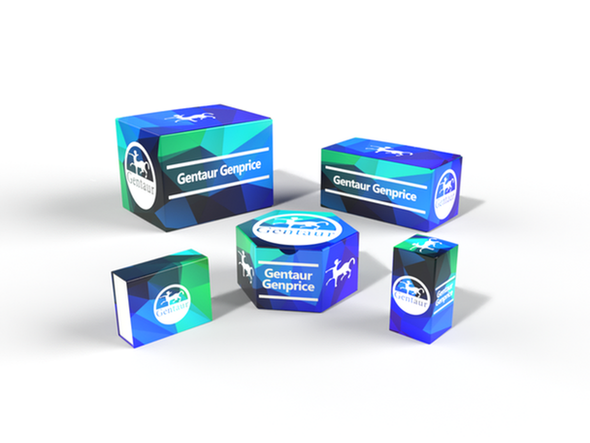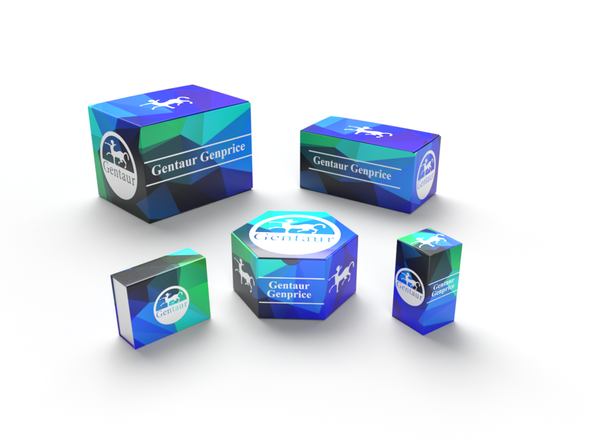Description
CDC42 Antibody | XW-7097 | Gentaur UK, US & Europe Distribution
Host: Chicken
Reactivity: Human, Mouse, Rat
Homology: N/A
Immunogen: 1-191
Research Area: Signal Transduction
Tested Application: WB
Application: CDC42 antibody can be used for the detection of CDC42 by Western blot, may also work for IHC and ICC.
Specificiy: N/A
Positive Control 1: N/A
Positive Control 2: N/A
Positive Control 3: N/A
Positive Control 4: N/A
Positive Control 5: N/A
Positive Control 6: N/A
Molecular Weight: 6.6 kDa (calculated)
Validation: N/A
Isoform: N/A
Purification: Antigen affinity-purified
Clonality: Polyclonal
Clone: N/A
Isotype: N/A
Conjugate: Unconjugated
Physical State: Liquid
Buffer: Phosphate-Buffered Saline. No preservatives added.
Concentration: 1 mg/mL
Storage Condition: CDC42 antibody can be stored at 4˚C for short term (weeks) . Long term storage should be at -20˚C. As with all antibodies care should be taken to avoid repeated freeze thaw cycles. Antibodies should not be exposed to prolonged high temperatures.
Alternate Name: Cell division control protein 42 homolog, G25K GTP-binding protein, G25K, CDC42Hs, CDC42
User Note: Optimal dilutions for each application to be determined by the researcher.
BACKGROUND: Cell division cycle 42 isoform 1; cell division cycle 42 (GTP-binding protein, 25kD) . This protein is a small GTPase of the Rho-subfamily, which regulates signaling pathways that control diverse cellular functions including cell morphology, migration, endocytosis and cell cycle progression. This protein is highly similar to Saccharomyces cerevisiae Cdc 42, and is able to complement the yeast cdc42-1 mutant. The product of oncogene Dbl was reported to specifically catalyze the dissociation of GDP from this protein. This protein could regulate actin polymerization through its direct binding to Neural Wiskott-Aldrich syndrome protein (N-WASP) , which subsequently activates Arp2/3 complex. Alternative splicing of this gene results in at least two transcript variants.










